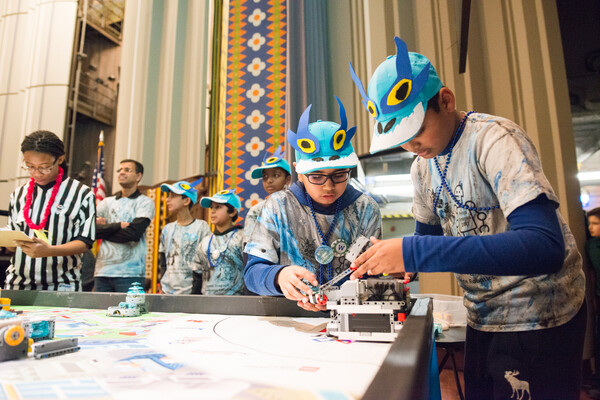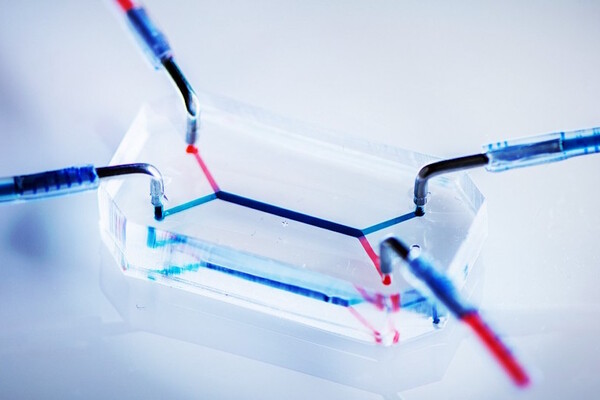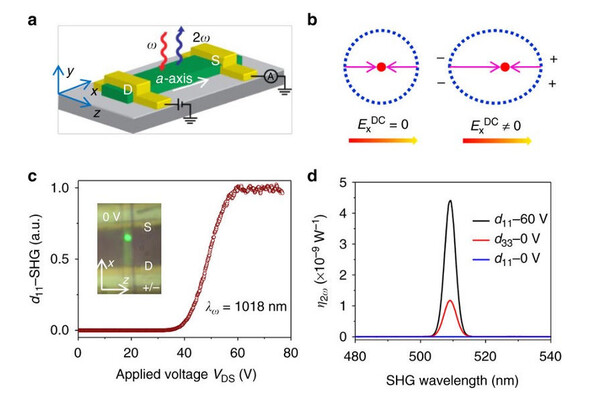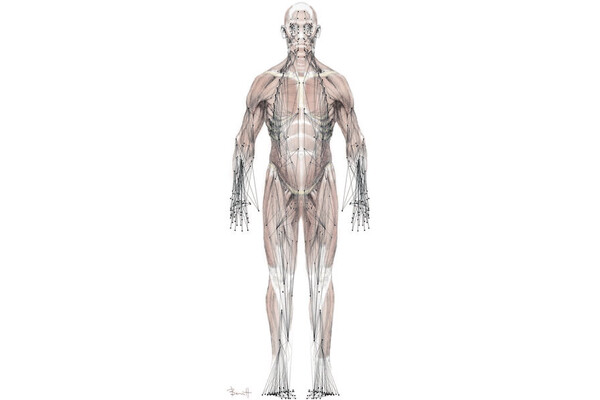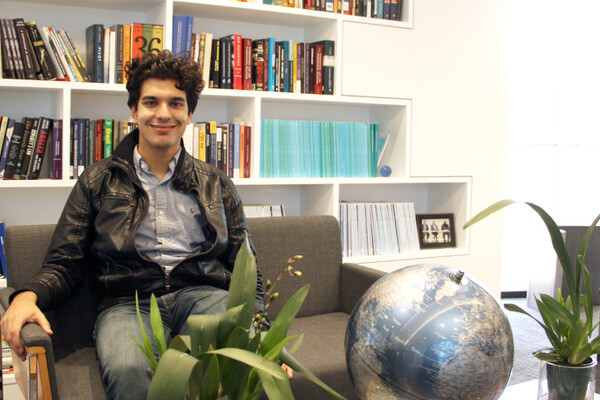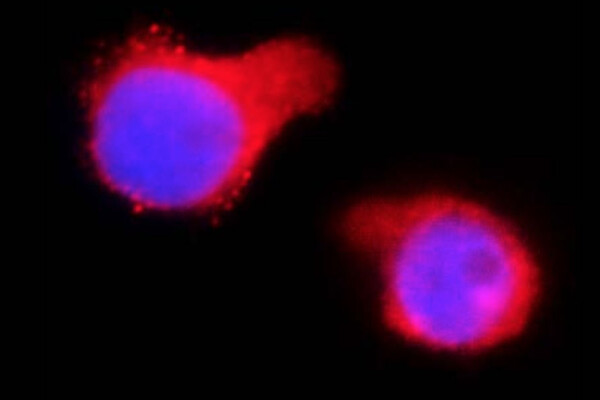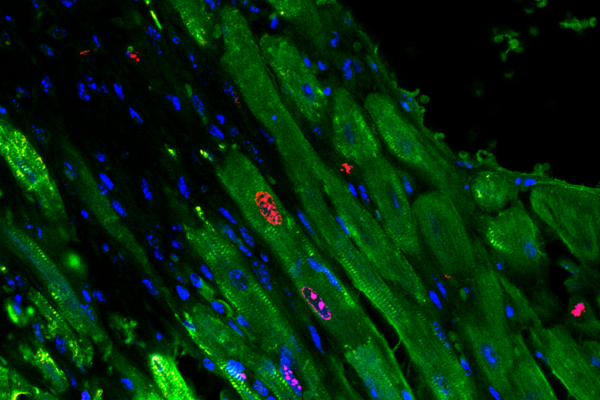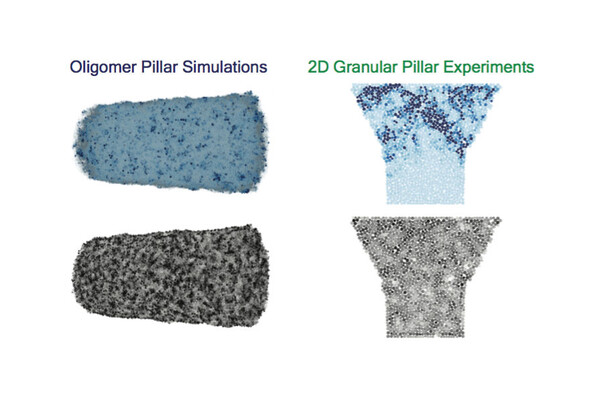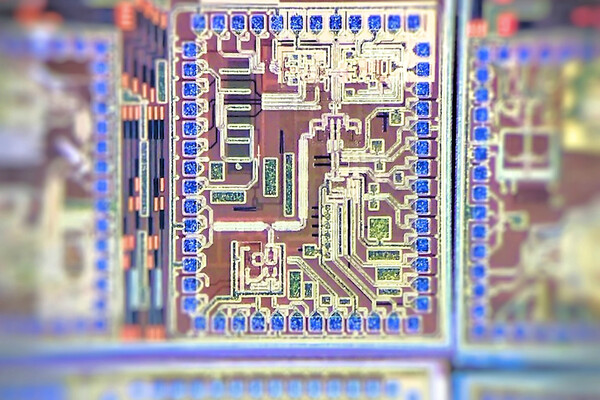5/2
School of Engineering & Applied Science
Building futures through LEGOs
In the FIRST LEGO League tournament, middle school teams mentored by Penn Engineering students worked to design and build robots related to the theme of water.
Flu of 1918 and Today
The year 2018 marks a century since a devastating influenza pandemic claimed the lives of an estimated 50 to 100 million worldwide. Experts at the University of Pennsylvania are on hand to comment on the historic toll of the 1918 flu as well as on current scientific and medical research aimed at curbing the impact of a future pandemic.
Penn engineers test drug transfer using placenta-on-a-chip
Researchers at the University of Pennsylvania’s School of Engineering and Applied Science have demonstrated the feasibility of their “organ-on-a-chip” platform in studying how drugs are transported across the human placental barrier.
Penn engineering research gives optical switches the ‘contrast’ of electronic transistors
Current computer systems represent bits of information — the 1’s and 0’s of binary code — with electricity. Circuit elements, such as transistors, operate on these electric signals, producing outputs that are dependent on their inputs.
Penn Engineers Make First Full Network Model of the Musculoskeletal System
Network science examines how the actions of a system’s individual parts affect the behavior of the system as a whole. Some commonly studied networks include computer chip components and social media users, but University of Pennsylvania engineers are now applying network science to a much older system: the human body.
Penn senior takes up worldwide challenge of climate-change refugees
A political science major and student fellow at Penn's Perry World House is working with a team of student fellows to construct a website showing how cities deal with an influx of climate change refugees.
Penn Engineers: Bone Marrow Transplant Stem Cells Can 'Swim' Upstream
When a cancer patient receives a bone marrow transplant, time is of the essence. Healthy stem cells, which can restart the production of blood cells and immune system components after a patient’s own are compromised, need to make their way from the circulatory system into the bones as quickly as possible.
Penn Researchers Develop an Injectable Gel that Helps Heart Muscle Regenerate after a Heart Attack
In mammals, including humans, the cells that contract the heart muscle and enable it to beat do not regenerate after injury. After a heart attack, there is a dramatic loss of these heart muscle cells and those that survive cannot effectively replicate.
Penn Researchers Establish Universal Signature Fundamental to How Glassy Materials Fail
Dropping a smartphone on its glass screen, which is made of atoms jammed together with no discernible order, could result in it shattering. Unlike metals and other crystalline materials, glass and many other disordered solids cannot be deformed significantly before failing and, because of their lack of crystalline order, it is difficult to predict which atoms would change during failure.
Penn Engineers Develop Microchip Laser Stabilizer, Enabling Faster Data Transfer
With streaming movies and UltraHD television taking more and more bandwidth, there is a race to deliver data into people’s homes as quickly as possible. Light-based fiber optic connections promise far faster data rates than standard electricity-based coaxial cables, so making laser sources smaller, cheaper and more stable is a high priority for engineers.
In the News
New Penn AI master’s program aims to prep students for ‘jobs that we can’t yet imagine’
Chris Callison-Burch of the School of Engineering and Applied Science discusses Penn’s new online master’s program in artificial intelligence.
FULL STORY →
Penn Engineering announces first Ivy League Master’s degree in AI
The School of Engineering and Applied Science has announced the first graduate program in artificial intelligence among Ivy League universities, led by Chris Callison-Burch.
FULL STORY →
Penn Engineering rolls out an online master’s degree in AI, first in Ivy League
The School of Engineering and Applied Science has announced the first graduate program in artificial intelligence among Ivy League universities, led by Chris Callison-Burch.
FULL STORY →
Man does DNA test, not prepared for what comes back ‘unusually high’
César de la Fuente of the School of Engineering and Applied Science and Perelman School of Medicine says that Neanderthal DNA provides insights into human evolution, population dynamics, and genetic adaptations, including correlations with traits such as immunity and susceptibility to diseases.
FULL STORY →
Penn professor on gen AI’s rapacious use of energy: ‘One of the defining challenges of my career’
Benjamin Lee of the School of Engineering and Applied Science says that hardware and infrastructure costs are growing at high rates for generative AI.
FULL STORY →




